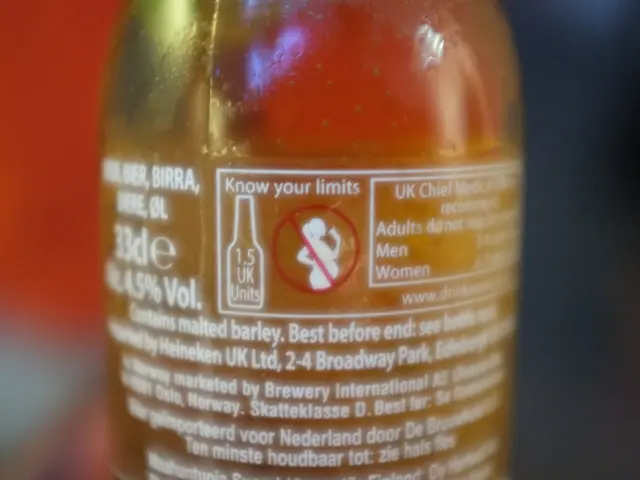Illinois Bans PFAS in Key Products by 2032 Amidst Growing Health Concerns
Illinois has taken a significant step in addressing the global PFAS (Per- and polyfluoroalkyl substances) crisis. The Illinois General Assembly recently passed House Bill 2516, mandating the removal of intentionally added PFAS from several product categories by 2032. This move comes amidst growing public concern and regulatory pressure, with the chemical industry and other sectors facing strict deadlines.
PFAS, often referred to as 'forever chemicals', are renowned for their resistance to heat, oil, and water, and their tendency to bioaccumulate and persist in the environment. A new review in Chemosphere underscores the substantial contribution of pulp, paper, and textile industries to PFAS contamination through wastewater discharges and persistent end products. The health implications are severe, including cancers, developmental problems, and immune system disruption, with annual healthcare expenses exceeding USD 62 billion. Over a dozen U.S. states have introduced bans on PFAS in various products, and the European Union is advancing a class-based regulatory strategy that could prohibit around 10,000 PFAS.
The chemical industry is feeling the heat. Solvay, a major chemical company, has announced it will stop producing TFA, a PFAS-related chemical, by 2026. This decision is partly driven by public concern and regulatory pressure, such as the phase-out of PFAS-containing synthetic refrigerants by 2032. Illinois' House Bill 2516 is another example of this pressure, requiring manufacturers to remove PFAS from cosmetics, dental floss, children's products, food packaging, and menstrual products by 2032. The pulp and paper industry, which has faced similar challenges with dioxins, is also under scrutiny.
The global cost of removing PFAS contamination is estimated to exceed the world's USD 106 trillion GDP. With PFAS pollution leading to lawsuits and financial risks, industries are facing potential loss of sustainability certifications and market access. As PFAS contamination affects ecosystems and public health globally, with recent studies revealing its presence in drinking water, soils, crops, and human blood, collective action is crucial. Illinois' House Bill 2516 is a step in the right direction, setting a precedent for other states and regions to follow.
Read also:
- Comprehensive Cancer Care Strategy Encompassed by Siemens Healthineers Entirely
- Federal solar energy initiatives among Wyoming's tribal communities face varying outcomes following the Trump Administration's withdrawal of funding.
- Exploring Hemp Insulation: Is This Eco-Conscious Solution Worthwhile for Your Construction Project?
- Construction fleet and urban transport emissions could see a significant reduction with the implementation of biogas as a game-changing solution.








